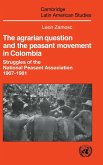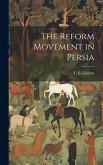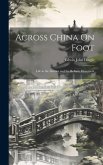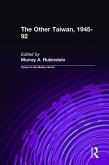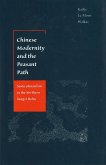Taiwan's peasant movement in the 1920s and 1930s was intimately intertwined with that of the Third International (Comintern) and Japan's tenant unionism and, to a lesser extent, to the peasant uprisings in China. During the ten-year span between 1924 and 1934, leaders of the peasant union helped to awaken peasants' social/economic consciousness. The historic movement, the emotional speeches, the underground publications, and the famous legal battles all helped the islanders to learn about many hitherto totally alien concepts of socialism and Western democracy, including surplus value, historical materialism, the eight-hour working day, the right to strike, the consent of the governed, popular elections, suffrage, and home rule. This book quantifies and analyzes the agitation and disputation that the labor and peasant unions helped to generate during this period. It also documents that whenever Taiwanese union leaders were arrested by the Japanese police and tried in court, Japanese lawyers, were dispatched to help defend their Taiwanese counterparts.
Hinweis: Dieser Artikel kann nur an eine deutsche Lieferadresse ausgeliefert werden.
Hinweis: Dieser Artikel kann nur an eine deutsche Lieferadresse ausgeliefert werden.


